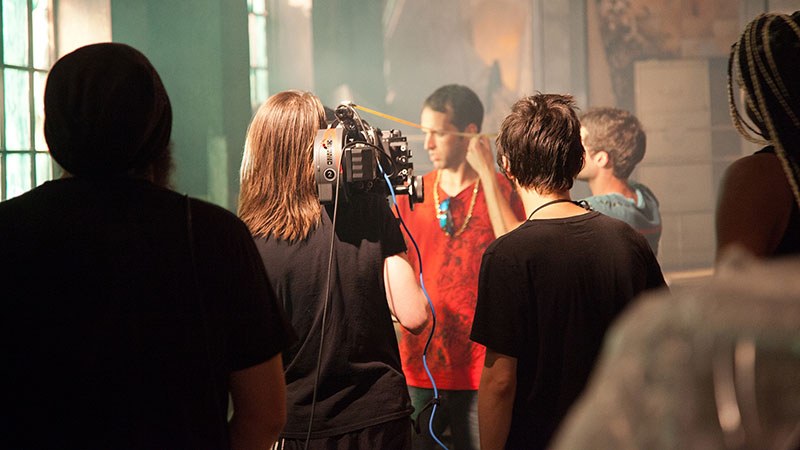How To
How to Research a Potential Employer
When you eat at a restaurant, you probably don’t order by closing your eyes and randomly pointing at something on the menu. You probably want to study the menu a bit and figure out what sounds the best to you.
Finding a job that suits you is similar. While most people can’t be extremely choosy when starting out, you’ll get closer to your target “perfect job” if you employ some strategy.
Check out these tips from two expert Career Development advisors on what to know before you go.
Developing Your ‘List’ and Scouting Companies
First, develop a list of companies you want to work for. So how do you find these companies?
“I think first and foremost, reading the trades is the best thing you can do,” said Jess Pollak, an advisor for the business programs. She recommends asking your teachers, your career development advisor, your peers, and the school librarian what publications best represent your industry or advertise for jobs in your industry. Study these publications and find the companies represented online.
If the companies have blogs or twitter feeds, follow these, says Pollak. “I‘m a big twitter fan. I think, obviously, follow the big companies and the big industry trades,” said Pollak. “I follow those, and when they retweet something I take notice. Check out who they retweet.”
Next, become a career detective. Look for clues about the company’s culture – things like dress code, attitude, style, and philosophy.
Career Development Advisor Cami Smith recommends studying the company’s employees on LinkedIn. “Look at the employees in that company and their backgrounds,” said Smith, “— where their education has been, what other companies they’ve come from.”
Another place to explore is the company’s website. “You can tell a lot by a company’s website. You can tell how relaxed they are,” said Pollak. She also recommends searching the web for news stories about the company and its employees and even looking on YouTube.
Getting in the Door
So now you know where you want to work. How do you get them to notice you? Of course you should go to the “careers” section on the company’s website to see what jobs are available.
But, as a student, you also have a second avenue for getting noticed without even applying. It’s called the “informational interview.”
“If you find somebody on LinkedIn, try to approach them, and say, ‘Hey, I’m a business student. I’m working on a project, and I know you’re a busy person, but would you spend 10 or 15 minutes answering some questions for me?’” suggests Pollak. “There are jobs out there that never get posted, [and] if they have an opportunity to meet you beforehand, you have an advantage.”
Asking questions in an informational interview can help you find out what the company is looking for.
“One of your questions can be, ‘What are the challenges the company is facing today?’” said Smith. “When you do have an interview, you can craft your resume and your cover letter and your interview to address those questions because that’s what they’re hiring. They’re hiring people who can help them with those challenges.”
At the Interview
When you do finally get an interview with a company, be sure you’ve done your homework. What should you know about a company? As much as they will publicly disclose.
“I love to know everything I can about a company – good and bad,” said Pollak. “I think you should know when they started, their board members, CEO, what type of industry they serve, product they give, and if it’s a bigger corporation, what their stocks are looking like right now.”
Be ready to talk about anything they’ve been doing that’s in the news, their recent projects, their clients, their executives and their successes, said Pollak.
Both Pollak and Smith say it’s important to be humble, show your knowledge of the company, and demonstrate that you would be someone enjoyable to work with.
“I like to think it’s about attitude – what can you give this company, not what the company can give you as far as jobs and salaries,” said Pollak. “You’d be surprised how far a great attitude will go – especially in the entertainment industry.”
Whether you’re ready to apply or just want to learn more about Full Sail University, our Admissions Representatives are here to help. Call us or request more information.

